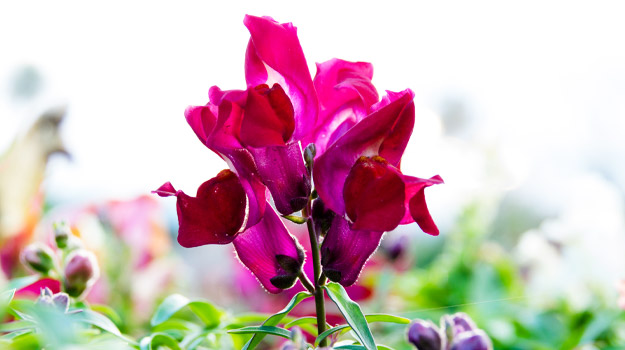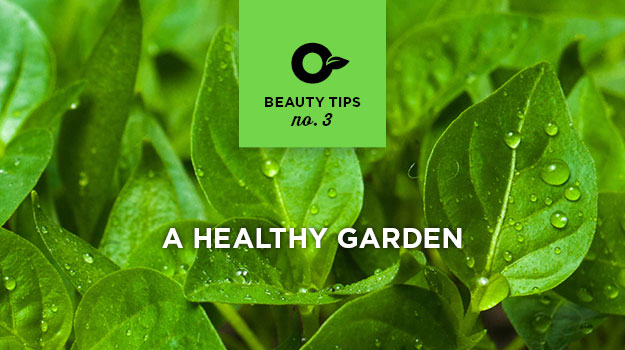
The days are getting longer, birds and singing, daffodils are popping up and you’re itching to get busy gardening. Take it easy this month; a March cold snap may surprise you.
Don’t get in a hurry, and don’t worry too much about the weather. There are plenty of minor tasks to keep you busy until spring arrives in earnest.
- Buy a soil thermometer. Fancy scientific thermometers are expensive, but basic thermometers are inexpensive and readily available at most garden centers.
- Plant cool season crops like peas and spinach outdoors when the soil is crumbly, slightly dry, and at least 60 F. (16 C.). Don’t till if the ground is cold and wet; you may do irreparable harm to the precious garden soil.
- Direct-plant poppies, sweet peas and other cold-hardy flowers.
- Fertilize rhubarb with an all-purpose garden fertilizer, or dig in a little well-rotted manure.
- Dig or till cover crops into the soil.
- Remove winter debris from the gutters.
- Get a head start by pulling perennial weeds and don’t give them an opportunity to go to seed. Eradicating small weeds is a cinch when the soil is moist.
- Stock up on mulch. Buy more than you think you’ll need; you’ll put it to good use throughout the season.
- Prune dead and damaged branches from shrubs and trees.
- Gather a few branches for forcing blooms indoors. Good candidates include flowering quince, crabapple, redbud, forsythia, cherry and peach. Choose healthy branches with an abundance of plump buds.
- Prune roses before bud break. Pruning before buds open directs energy to healthy new growth but wait until late March or April if you’re still getting hard freezes.
- Feed roses at pruning time, using a high quality, all-purpose fertilizer or rose food. Add a handful of Epsom salts to get roses off to a flying start.
- Spray roses with a registered fungicide if you’ve had a problem with blackspot or other fungal diseases in the past.
- Repair broken fences, pergolas and trellises.
- Be careful not to overwater indoor plants. They are still coming out of winter dormancy and too much moisture may cause rot, which is nearly always fatal.
- Dig a little well-rotted chicken or steer manure into the soil around your rhubarb plants.
- Sprinkle a generous handful of wood ashes under peonies, along with a similar amount of compost or manure.
- Clean, oil and sharpen mowers, trimmers and other equipment if you forgot this task last fall.


